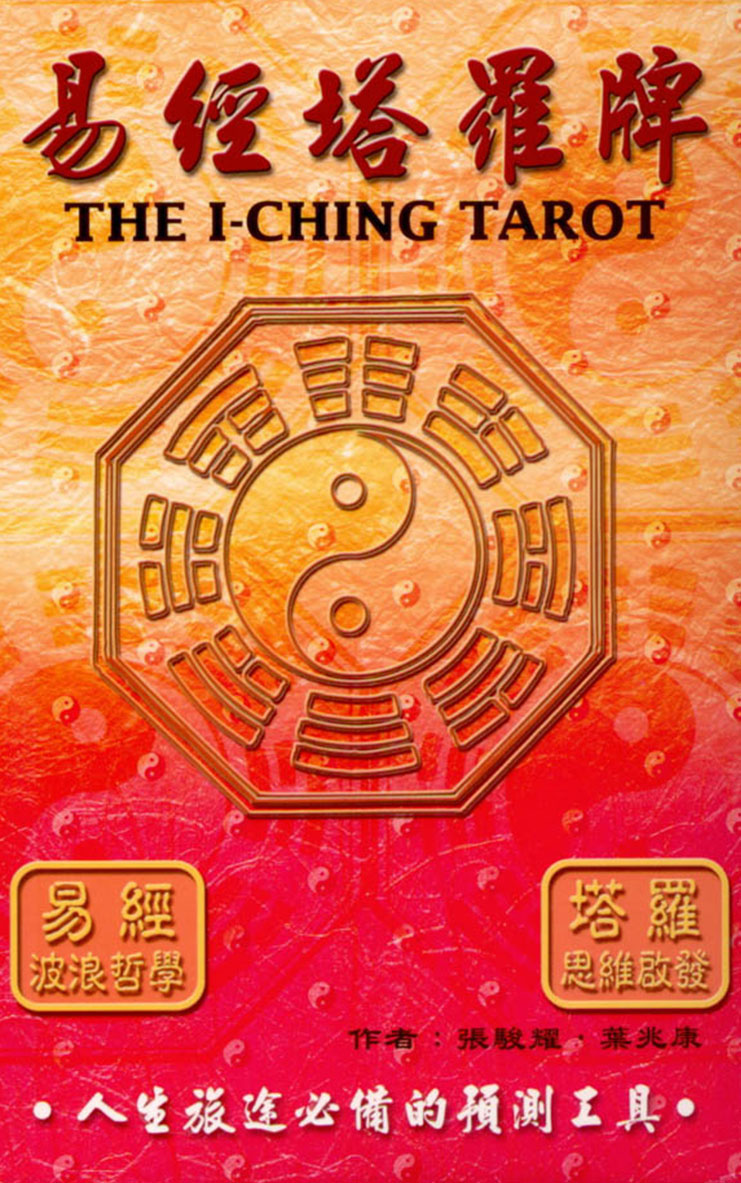The Art of War also known as Sun Zi Bingfa is the world's most well known Chinese military classic. Although written more than 2300 years ago its principles and values in influencing business warfare has never been disputed and are still widely applied in the world of modern business and marketing.
Basically it is a collection of essential winning strategies. It can help readers master daily challenges and to reach important life goals. The basic tenet of Sun Tzu's philosophy is that if you have a solid strategy, you will succeed, and if you have a truly winning strategy, you will succeed without conflict. Comprised of approximately 5000 characters in 13 chapters, Sun Tzu's writing is not an easy text to digest for modern readers. For simplicity and easy application, its core wisdom has been summarized into concise principles presented on message cards. We sincerely believe, dedicated readers can readily absorb and apply Sun Tzu’s wisdom in a very short time with the help of this unique wisdom pack.
Essence of Sun Tze's Principles
Overview:
The military action is vital to state sovereignty. It's a matter of life and death, determining a path of survival or destruction; it must be studied in depth.
~ from The Art of War, Chapter 1: Laying Plans
The vision of what an organization wants to be must be planned with an awareness of surrounding forces. Whether your business thrives or perishes depends on the way that you conduct business and deal with the competition.
1) Observe and study the five factors that govern the state of your army: moral order, heaven, earth, leadership and method.
~ from The Art of War, Chapter 1: Laying Plans
The success of an organization is determined by five factors: (1) a code of conduct that establishes an accord in the organization with the leader. (2) external forces such as the weather that may influence a harvest. (3) geographic location, and access to resources. (4) the ability of the leader to command and discipline. (5) how effectively human resources are applied in practice to accomplish goals.
2) All warfare is based on deception. Attack when the enemy is unprepared, advance when you are least expected.
~ from The Art of War, Chapter 1: Laying Plans
Surprise is the best way to gain a psychological advantage and deny your opponent the opportunity to strike first. One’s ability to conceal motives is a key element of success. In business, keeping trade secrets and your intentions unknown, leaves your competitors vulnerable as they waste resources.
3) The one with the most calculations and strategies in his favor wins. The one with the fewest calculations and strategies in his favor loses.
~ from The Art of War, Chapter 1: Laying Plans
Companies with effective strategic planning ensure a better chance of success and survival. Those that proceed without risk assessment and planning, fail. When your strategy is deep and far-reaching then you’ve won before the battle has begun. Thus what is of primary importance in war is to anticipate the enemy’s moves and counter their strategy.
4) Paramount in a military operation is victory, not a battle of endurance.
~ from The Art of War, Chapter 2: War Preparation
As a rule, earliest is best. Time saved is time gained. The later you start, the more resources are required. Act quickly to out-distance your competitors. Meet your demands quickly before your competitor can respond. Reduce the time it takes for your company to make decisions, develop and manufacture products etc. Delayed and protracted conflict leads to failure.
…………………………………………………………….
Please reference

